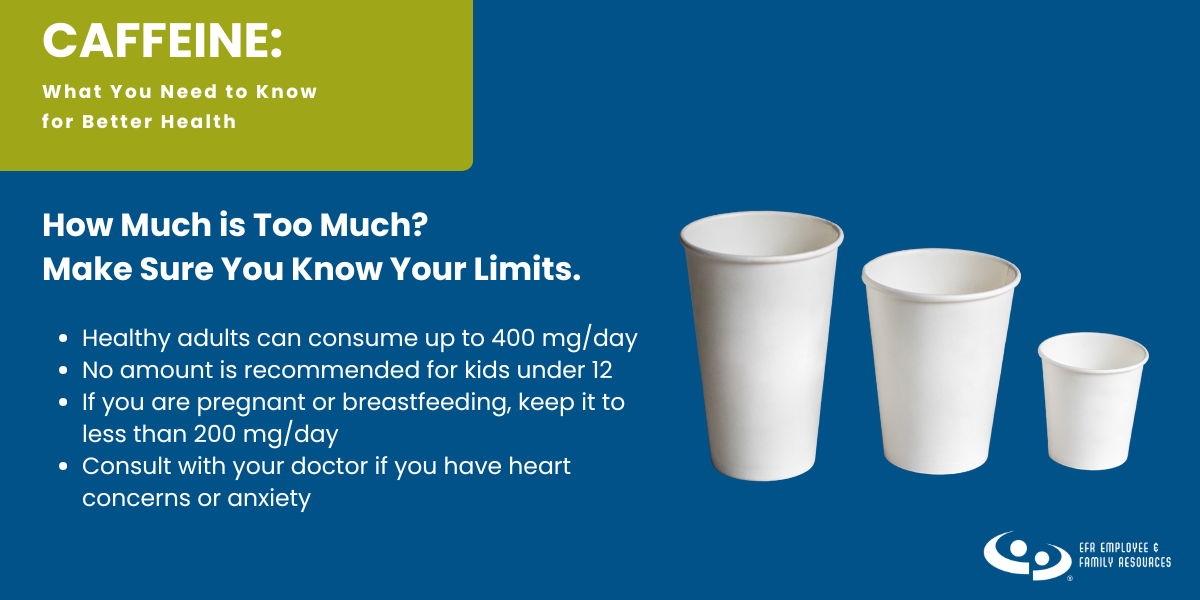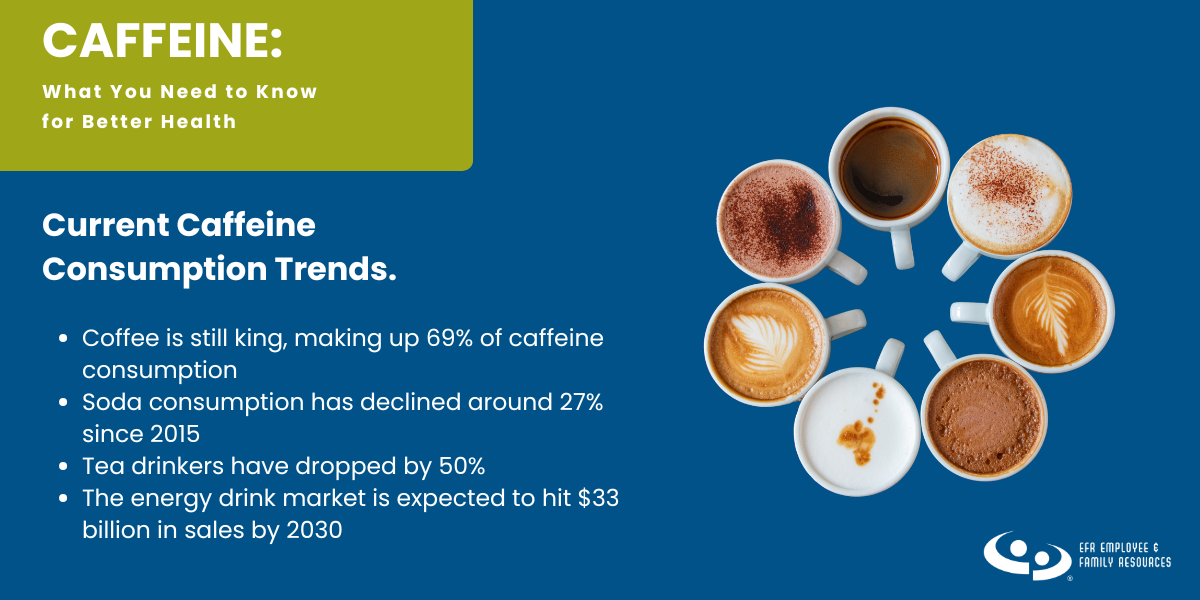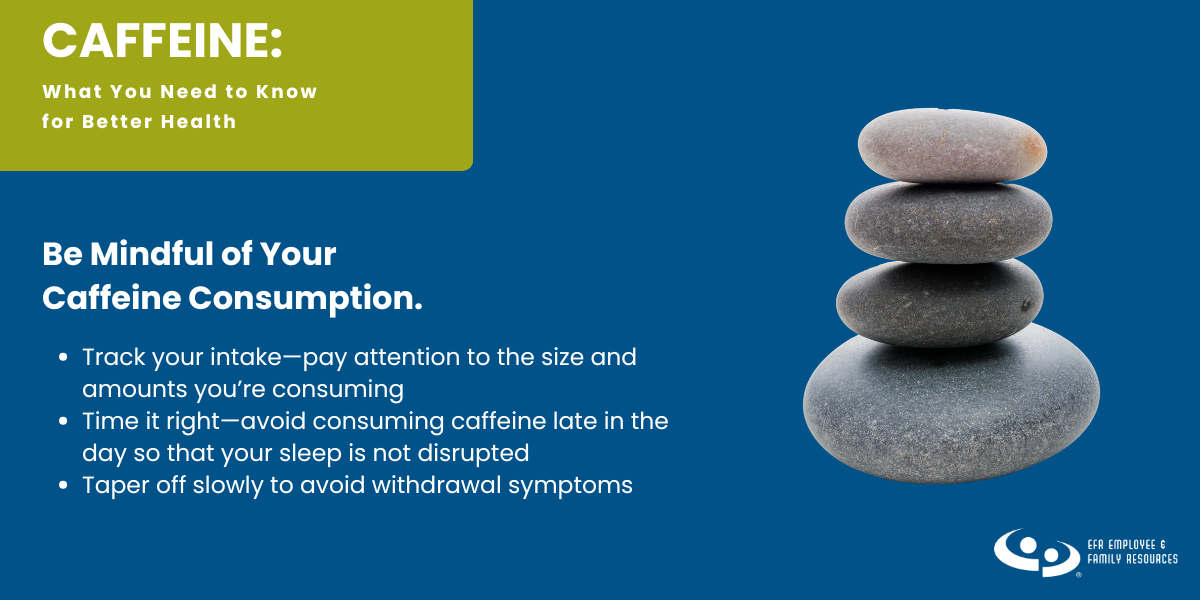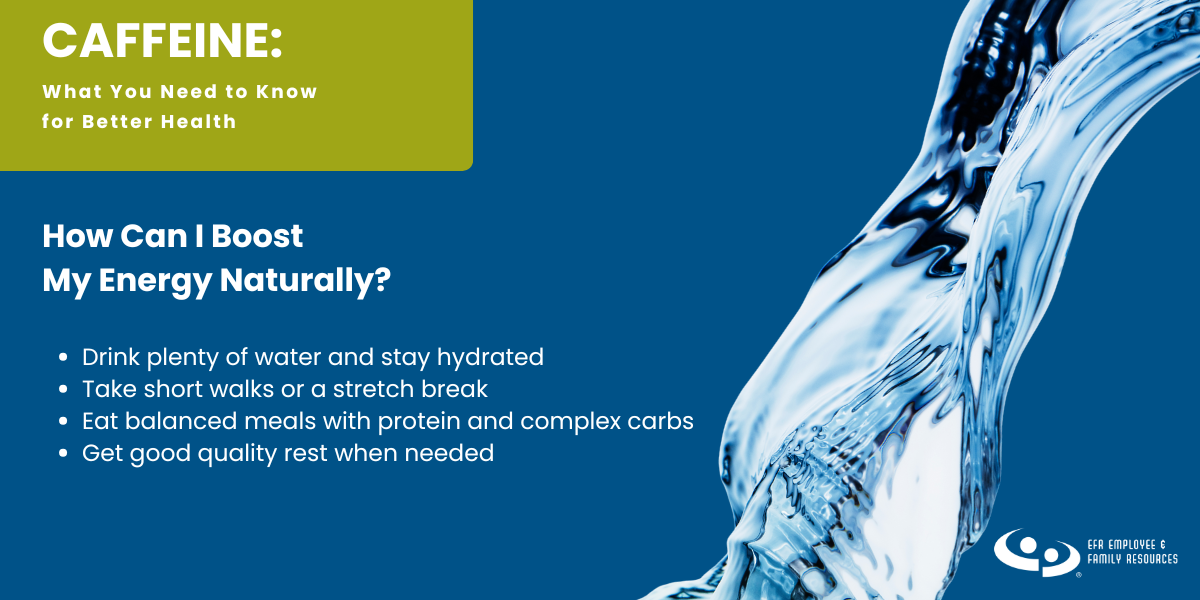Why is Relapse Common During the Holidays?
The stress from the season’s high expectations typically distract us from and saturate holiday festivities. The stress can hinder an individual’s judgement or spark a battle with depression – a common factor in alcohol and drug addiction. The holiday season also has many qualities that often lead to escalating addictions, such as:
- Family pressures
- Financial stress
- Parties that include alcohol and drugs
- Colder or unpleasant weather like rain, snow, wind, etc.
- Feelings of anxiety, depression or loneliness
The holiday season is the perfect situation for someone struggling with addiction to blend into the crowd. Alcoholic cheers are frequently present and encouraged at family feasts and New Year’s celebrations. Coworkers let loose at company holiday parties. It can be the perfect storm.
Celebrating Sober Holidays For Those In Recovery
The heightened stress and parties during the winter months throw a lot of triggers that can threaten relapse. If you are coping with an addiction during the holiday season, here are a few tips to avoid relapsing:
- Stay Alert – Get plenty of sleep, eat right, and remember to take a breath when things get too stressful.
- Say No To Pressure – Turn down a few party invitations if you know they’ll be saturated with drugs and alcohol.
- Buddy Up – When you go to any holiday events, it might be a good idea to bring along a friend who is also in recovery or just someone who fully understands the situation and supports the actions you are taking to remain sober during this time. Not to mention, having a buddy by your side will help curb anxiety, a leading cause of relapse.
- Call Your Sponsor – If you feel like you might crack under all the holiday pressure, it’s never a bad time to call for support. Odds are, your sponsor has gone through many holiday seasons and dealt with many similar pressures.
If you or a family member is suffering with an addiction this holiday, do not hesitate to reach out to EFR. As a benefit to your company’s Employee Assistance Program, we offer confidential counseling for drug and alcohol abuse. Contact a counselor by calling 800-327-4692 anytime.
If you do not have EFR’s Employee Assistance Program, we offer compassionate counseling and Substance Abuse Services specializing in assessing and treating those affected by substance use disorders.
(Content pulled from Addiction & The Holiday Season E-Book: Read More Here)







